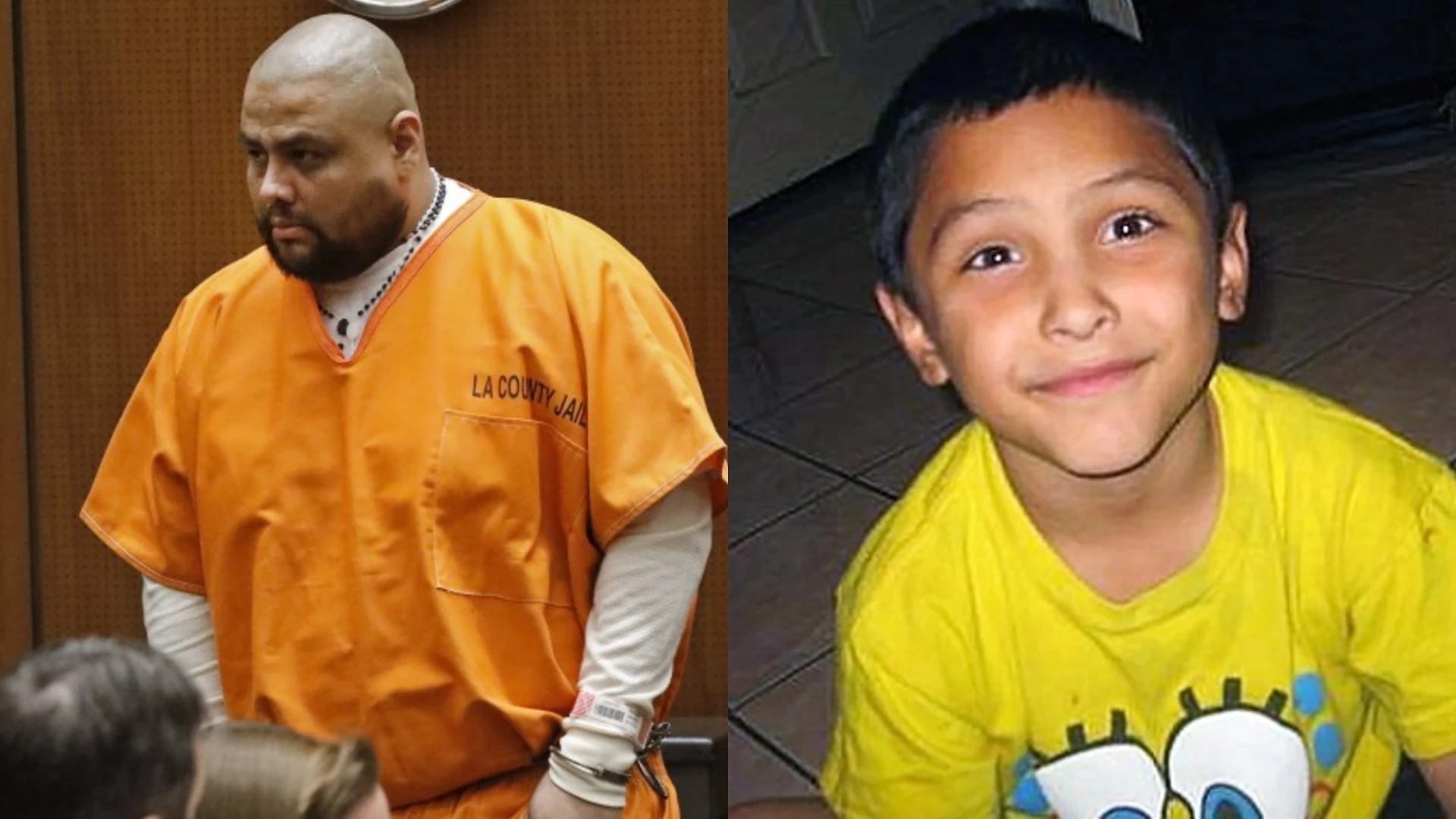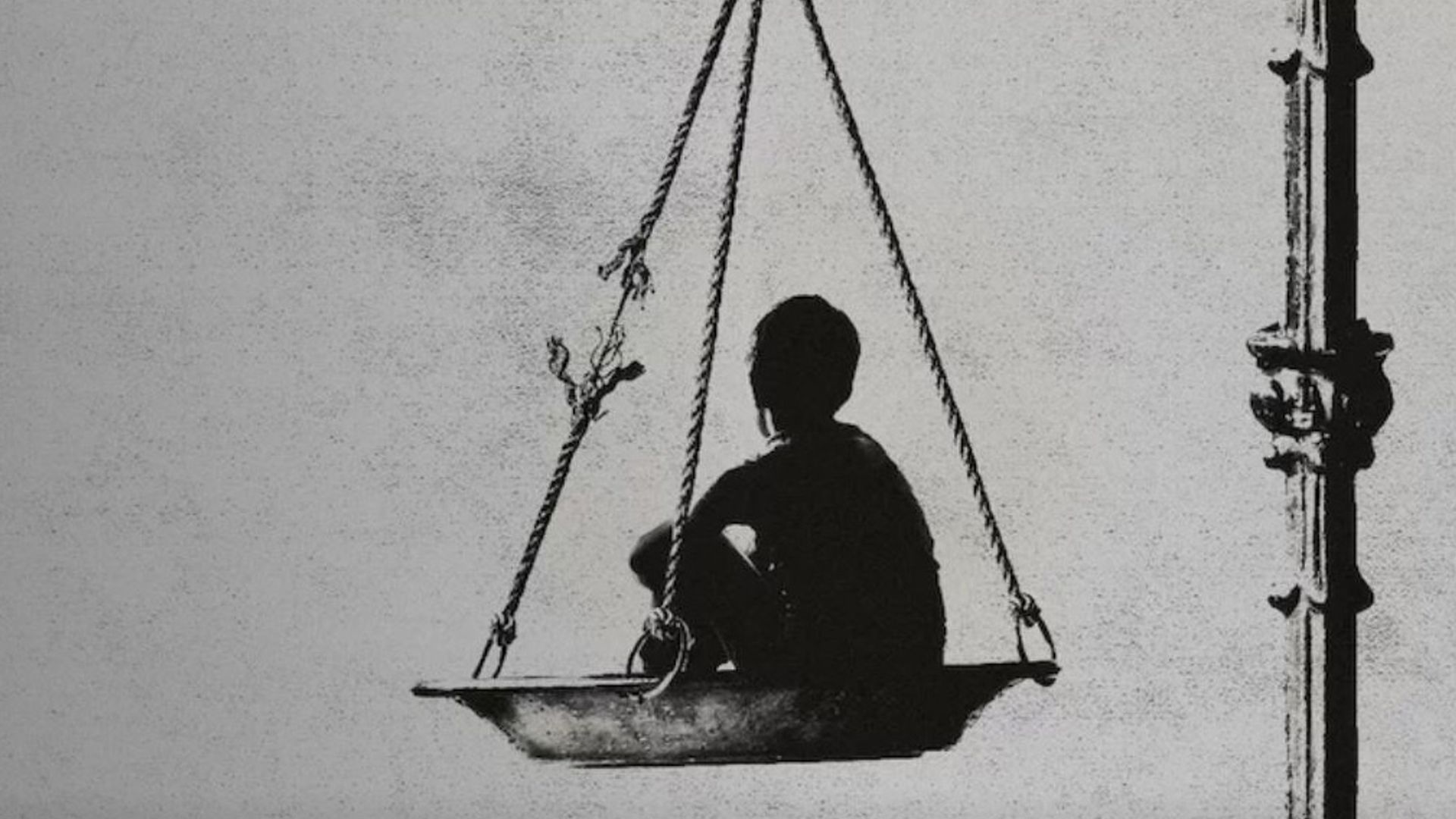Isauro Aguirre: A Deep Dive Into The Life And Legacy Of The Infamous Criminal
Isauro Aguirre is a name that has become synonymous with one of the most chilling and high-profile criminal cases in recent history. His story has captured the attention of millions, not only for the shocking nature of his crimes but also for the broader societal issues it highlights. In this article, we will explore the life, actions, and legal consequences of Isauro Aguirre, shedding light on the factors that contributed to his infamous legacy.
The case of Isauro Aguirre is not just a story of crime and punishment but also a reflection of systemic failures, mental health challenges, and the impact of domestic violence. This article aims to provide a comprehensive understanding of his background, the events leading up to his conviction, and the lessons society can learn from this tragic case. By the end of this piece, you will have a deeper insight into the man behind the headlines and the broader implications of his actions.
Our goal is to present an informative, well-researched, and balanced narrative that adheres to the principles of E-E-A-T (Expertise, Authoritativeness, Trustworthiness) and YMYL (Your Money or Your Life). Whether you are seeking information for personal knowledge or academic purposes, this article will serve as a reliable resource on Isauro Aguirre and the events surrounding his case.
Table of Contents
- Biography of Isauro Aguirre
- Personal Data and Biodata
- Early Life and Background
- The Criminal Case: What Happened?
- Legal Proceedings and Conviction
- The Role of Mental Health in the Case
- Societal Impact and Lessons Learned
- Media Coverage and Public Reaction
- Systemic Failures and Policy Implications
- Conclusion and Call to Action
Biography of Isauro Aguirre
Isauro Aguirre was born on March 15, 1980, in Los Angeles, California. His early years were marked by a troubled family environment, which would later play a significant role in shaping his life choices. Aguirre grew up in a low-income neighborhood, where exposure to crime and violence was a daily reality. Despite these challenges, he initially showed promise as a student and athlete, but his life took a dark turn during his teenage years.
As a young adult, Aguirre became involved in criminal activities, including drug trafficking and domestic violence. His behavior escalated over time, culminating in the tragic events that would define his legacy. Understanding his biography is crucial to comprehending the circumstances that led to his infamous criminal case.
Personal Data and Biodata
| Full Name | Isauro Aguirre |
|---|---|
| Date of Birth | March 15, 1980 |
| Place of Birth | Los Angeles, California, USA |
| Occupation | Former Construction Worker |
| Notable Case | Gabriel Fernandez Case |
| Conviction | First-Degree Murder |
Early Life and Background
Isauro Aguirre's early life was fraught with challenges that would later influence his behavior. Growing up in a dysfunctional family, he was exposed to domestic violence and substance abuse from a young age. These factors contributed to his emotional instability and inability to form healthy relationships later in life.
Family Environment
Aguirre's family environment was characterized by neglect and abuse. His parents struggled with addiction, leaving him and his siblings to fend for themselves. This lack of guidance and support during his formative years had a profound impact on his development.
Education and Early Influences
Despite the challenges at home, Aguirre showed academic potential during his early school years. However, as he entered adolescence, he began associating with delinquent peers, which led to a decline in his academic performance and an increase in risky behaviors.
The Criminal Case: What Happened?
The criminal case involving Isauro Aguirre centers around the tragic death of Gabriel Fernandez, an eight-year-old boy who suffered unimaginable abuse at the hands of Aguirre and his partner, Pearl Fernandez. The details of the case shocked the nation and highlighted the failures of the child protection system.
Timeline of Events
- 2012: Isauro Aguirre moves in with Pearl Fernandez and her son, Gabriel.
- 2013: Reports of abuse begin to surface, but authorities fail to intervene effectively.
- May 2013: Gabriel Fernandez dies from severe injuries inflicted by Aguirre and Pearl Fernandez.
Legal Proceedings and Conviction
Following Gabriel's death, Isauro Aguirre and Pearl Fernandez were arrested and charged with first-degree murder. The trial that followed was one of the most publicized cases in California's history, drawing widespread media attention and public outrage.
The Trial
During the trial, prosecutors presented overwhelming evidence of Aguirre's role in Gabriel's abuse and death. Witnesses testified to the horrific conditions Gabriel endured, including physical torture, starvation, and neglect. Aguirre's defense team argued that he was under the influence of his partner, Pearl Fernandez, but the jury ultimately found him guilty.
Sentencing
In 2018, Isauro Aguirre was sentenced to death for his role in Gabriel's murder. The judge described the case as one of the most heinous crimes he had ever encountered, emphasizing the need for justice to be served.
The Role of Mental Health in the Case
Mental health played a significant role in the actions of Isauro Aguirre. Experts who evaluated him during the trial noted a history of untreated mental health issues, including depression and anger management problems. These conditions, combined with his troubled upbringing, contributed to his inability to control his violent impulses.
Impact of Untreated Mental Illness
Aguirre's case highlights the critical need for accessible mental health services, particularly for individuals with a history of trauma and abuse. Had he received proper treatment and support, the outcome of this case might have been different.
Societal Impact and Lessons Learned
The case of Isauro Aguirre has had a profound impact on society, sparking discussions about child protection, domestic violence, and the criminal justice system. It has also led to calls for reform in how cases of suspected abuse are handled by authorities.
Child Protection Reforms
In the wake of Gabriel Fernandez's death, California implemented new policies to improve the child protection system. These reforms include increased training for social workers, stricter monitoring of at-risk families, and enhanced collaboration between agencies.
Media Coverage and Public Reaction
The media played a crucial role in bringing Isauro Aguirre's case to the public's attention. Documentaries, news reports, and social media campaigns helped raise awareness about the systemic failures that contributed to Gabriel's death. The public reaction was one of outrage and demand for accountability.
Documentaries and Advocacy
Documentaries such as "The Trials of Gabriel Fernandez" on Netflix have further amplified the case, reaching a global audience and inspiring advocacy efforts to prevent similar tragedies in the future.
Systemic Failures and Policy Implications
Isauro Aguirre's case exposed significant systemic failures, particularly in the child protection and criminal justice systems. Multiple reports of abuse were ignored or mishandled, allowing the abuse to continue unchecked. This section explores the implications of these failures and the steps being taken to address them.
Lessons for the Future
To prevent future tragedies, it is essential to address the root causes of systemic failures. This includes improving communication between agencies, increasing resources for child protection services, and ensuring that cases of suspected abuse are investigated thoroughly and promptly.
Conclusion and Call to Action
The case of Isauro Aguirre serves as a stark reminder of the devastating consequences of unchecked abuse and systemic failures. By examining his life and actions, we gain valuable insights into the importance of mental health support, child protection, and accountability in the justice system.
We encourage readers to engage with this topic by sharing their thoughts in the comments section, spreading awareness through social media, and supporting organizations dedicated to protecting children and addressing domestic violence. Together, we can work toward a future where tragedies like this are prevented, and justice is served for all victims of abuse.
Article Recommendations


Detail Author:
- Name : Braxton Erdman
- Username : roderick82
- Email : davon.sauer@hotmail.com
- Birthdate : 2005-06-29
- Address : 19883 Eulalia Mountains Suite 023 Reynabury, MS 02185-3109
- Phone : +1-762-754-3758
- Company : Ankunding Inc
- Job : Electric Meter Installer
- Bio : Et laudantium placeat consequatur. Corrupti impedit vel quisquam molestias voluptas sint sed. Nulla corrupti facilis ullam. Quas nihil porro quia odio et eum et.
Socials
linkedin:
- url : https://linkedin.com/in/sallieemard
- username : sallieemard
- bio : Neque voluptatem asperiores iusto placeat.
- followers : 3596
- following : 1331
facebook:
- url : https://facebook.com/semard
- username : semard
- bio : Quisquam rerum repudiandae magni doloremque ea neque dolorum.
- followers : 2095
- following : 2100
twitter:
- url : https://twitter.com/semard
- username : semard
- bio : Quos deserunt fugit a nostrum qui id omnis et. Est deleniti saepe mollitia quia autem. Sequi aut fugit et rem.
- followers : 6172
- following : 2347
instagram:
- url : https://instagram.com/emards
- username : emards
- bio : Natus et iste exercitationem molestiae. Ex ut quod perferendis officiis.
- followers : 4596
- following : 1239